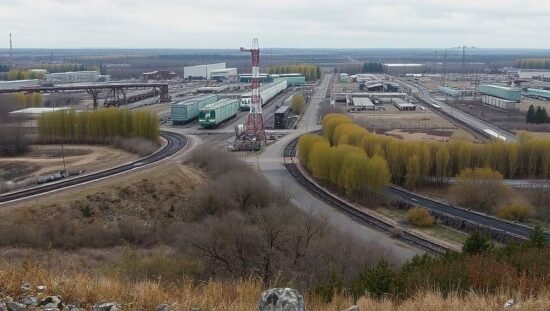The European Commission has formally approved state aid clearance for the compensation package offered to Lausitz Energie Kraftwerke AG (LEAG) as part of Germany’s coal phase-out, a decision that unlocks a potential €1.75 billion in support. This follows a formal investigation into the legality of the payments under EU internal market rules. The approval, announced Tuesday, facilitates the early decommissioning of all LEAG’s brown coal power plants, aligning with Germany’s “Coal Power Phase-Out Act” of 2020.
The complex examination process, essential given the gradual decommissioning schedule extending to 2038, was particularly challenging due to the difficulty in accurately forecasting lost profits. While similar approvals were granted to RWE at the end of 2023, the LEAG case presented a more protracted timeline.
The initial tranche of payments will see LEAG receive approximately €377 million to reimburse previous advance payments made to state-run pension funds in Brandenburg and Saxony. These funds are dedicated to the essential task of reclaiming the impacted open-pit mines. Furthermore, the German federal government is committed to providing annual installments of €91.5 million to these pension funds from 2025 to 2029 to cover additional reclamation costs and associated social burdens.
A further payment mechanism, potentially extending until 2042, allows for additional compensation to the pension funds, contingent upon the Federal Network Agency (Bundesnetzagentur) determining that LEAG has suffered financial losses due to the power plant closures. The calculation of these lost profits will be dictated by formulas attached to the adjusted Coal Value-added Compensation Act (KVBG).
The approval has been lauded by political figures, with Federal Minister for Economic Affairs Katherina Reiche (CDU) describing it as a “genuine success” that provides much-needed planning certainty for the region, framing the transition as a “generational project”. State premiers Michael Kretschmer (CDU) of Saxony and Dietmar Woidke (SPD) of Brandenburg echoed this sentiment, highlighting the benefits for employees, reclamation efforts and future industrial development.
LEAG CEO Adi Roesch welcomed the decision, emphasizing the increased investment potential it unlocks for employees and the company’s parallel development of alternative energy infrastructure, dubbed a “Gigawatt Factory”. Silke Rudolf, chair of the LEAG group works council, underscored the importance of a socially responsible transition for long-standing employees and the need to secure a future for younger generations in the region.
However, the approval also raises questions about the precedence it sets for other state-funded coal phase-out programs and the potential for encouraging dependency on government subsidies rather than fostering truly innovative and sustainable replacements for coal-fired power generation. While politically expedient, the long-term economic and environmental implications of such substantial public support deserve ongoing scrutiny.





